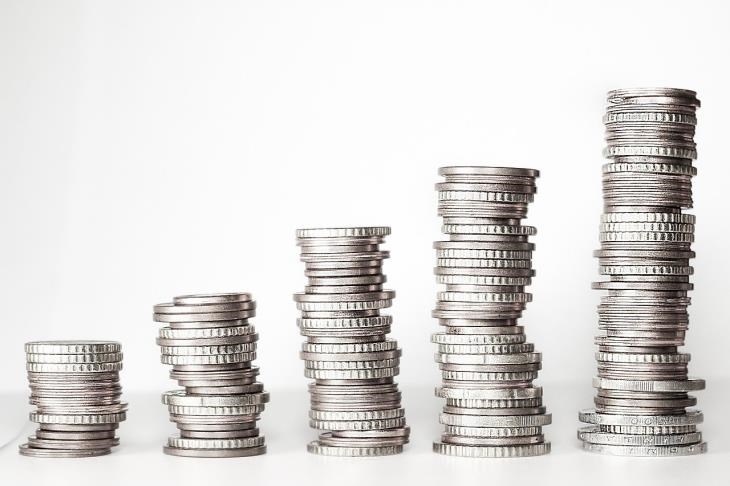Nobody wants to pay bank charges if they don't have to but using your personal bank account for your business just muddies the waters. Receiving money into a separate bank account and paying expenses out of the monies you have received means that you can much more easily keep track of incomings and outgoings.
Of course in the beginning you may need to put personal funds into the bank account that you use for business income and expenses so that you have enough money to pay for things, but by doing this you can easily see what you have put in and can take all or some of it out again when your business bank account is more healthy.
Whilst some business owners just use their personal bank account for business, others have a business bank account which they pay for personal items out of. It will make running your business so much easier if you have a personal bank account for personal spending and a business bank account for business spending. You will want to pay yourself some money from your business account when you can see there are sufficient funds but do this as a lump sum rather than paying for personal items.
By having a separate bank account for your business income and expenses you can easily keep an eye on your expenses and ensure you have enough coming in to pay for what is going out. Business expenses must be wholly and exclusively for the purpose of running the business so if you are using your business bank account as another bank account for personal spending you won't be able to see clearly how your business is doing.
Limited companies must have a separate bank account because a limited company is not an extension of you as it is if you are a sole trader. A limited company is a separate entity to you and its income and expenses must be kept separate.
At the end of the first year of your business you will need to prepare a tax return, or you will have an accountant who will do that for you. At this point, if you haven't kept your business income and expenses separate you will have to go back through the whole year of transactions in your personal account to extract the ones which can be used for your tax return as your accountant will not be able to identify them for you.
Anything personal which you pay for out of your business account such as lunch or clothing which isn't allowable for tax, for example, will be recorded as personal. And if you can't provide receipts for purchases then these may be classed as personal spending too. Keeping track of this personal spending is important because you don't want to take more than your business is making, even if you do feel you need more money.
If you only ever use your business account for business spending there will never be a question over whether the purchase is business or personal; the only question that will remain is whether it is an allowable business expense for tax purposes. And when HMRC visit to do a records check you will only need to give them access to your business bank account records rather than all your personal spending too.
So the answer is definitely that a separate business bank account is essential. Keep your personal spending separate. And of course, any business expenses which you have paid from your own pocket can be recorded in your accounts and reimbursed to you tax-free.

